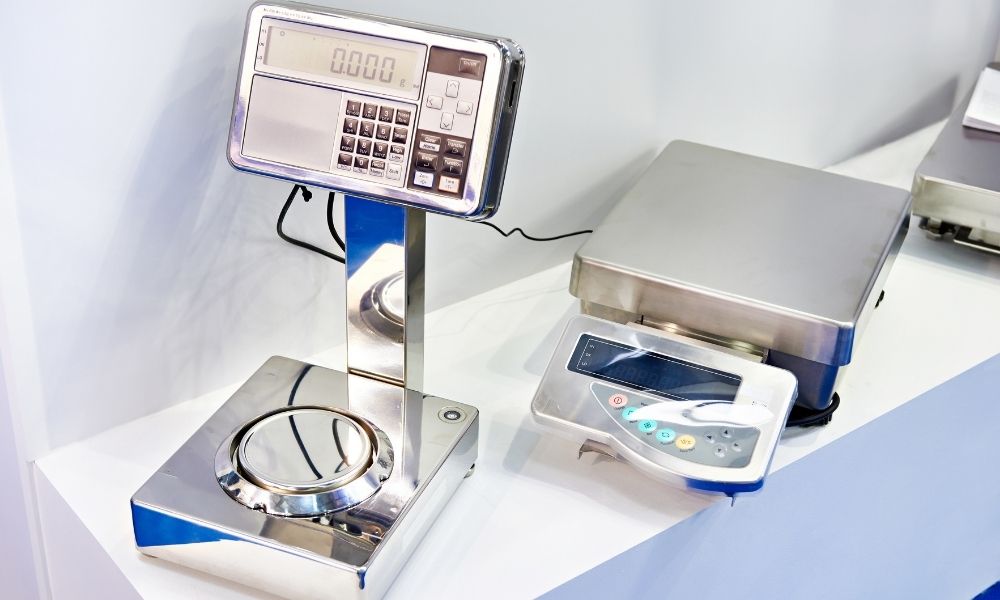The food, manufacturing, and forestry industries are very different, but reliance on industrial scales is one commonality among them. When businesses require the use of industrial-grade scales, of course, accuracy is critical. That said, simple mistakes can cause great scales to deliver poor performance. Check out these three common factors affecting the accuracy of your industrial scale so you can troubleshoot efficiently.
Environmental Conditions
Set up scales in optimal locations to get the best performance. Although that might sound obvious, various environmental conditions can affect the accuracy of your industrial scale. For instance, some scales will calculate inaccurate results in windy areas while others become unreliable indoors if they’re too close to an air duct.
Plus, vibrations hinder industrial scale performance. If the scale is too close to heavy moving equipment, weight calculations might not be as accurate as they should. On the other hand, air pressure differentials will lower scale accuracy, so make sure the air pressure in the calibration and operating environments are identical.
Poor Signal
A strong electrical signal between the weight controller and load cells must be present for industrial scales to function properly. The scale’s digital indicator can list accurate weights thanks to the signal moving from the cells to the controller. Unfortunately, signal interference can occur for various reasons.
For instance, high temperatures can diminish voltage levels, resulting in incorrect weights on the scale. Furthermore, allowing condensation to accrue inside industrial scales can interfere with the cells’ electrical signal, once again resulting in inaccurate readings.
Additionally, the presence of Radio Frequency Interference (RFI) or Electromechanical Interference (EI) throws a wrench in the communication between the load cells and weight controller, leading to incorrect readings reaching the digital indicator. Suffice it to say that electrical interference is one of the biggest factors affecting the accuracy of your industrial scale.
Improper Training
At Prime USA Scales, we have high-quality industrial scales for sale—but accurate readings require more than an accurate machine. Improper training can result in incorrect scale readings, even if you have the best scale on the market. Making the most out of a great scale requires knowledgeable employees.
For instance, poorly placing items on the scale will lead to the wrong weight calculations. Likewise, mishandling the scale recklessly can cause damage to external and internal components, so employees should handle them with care. Of course, heavy-duty scales won’t shatter if you sneeze near them, but proper use of these tools is crucial to their performance and longevity, nonetheless.
